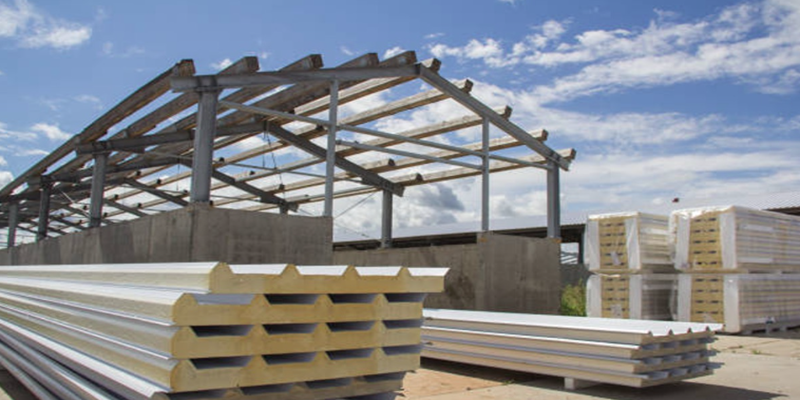Sandwich panels are renowned for their excellent structural properties and insulation capabilities, making them a popular choice in construction, particularly for walls, roofs, and cold storage facilities. The durability of these panels is a critical factor that ensures long-term performance, and this durability is significantly influenced by the quality of the materials used in their production, including the polyurethane foam that acts as the core.
Polyurethane catalysts like MXC-T, MXC-C15, and MXC-37 play a vital role in the production of sandwich panels, ensuring that the polyurethane foam core achieves optimal performance characteristics. The core is responsible for the panel’s thermal insulation, structural integrity, and resistance to environmental factors.
1. Structural Integrity and Load-Bearing Capacity
The durability of sandwich panels largely depends on the structural integrity of the polyurethane foam core. Polyurethane catalysts such as MXC-T are designed to enhance the rigidity and load-bearing capacity of the foam, making the panels strong enough to withstand mechanical stresses over time. This ensures that the panels maintain their shape and function, even under heavy loads or in harsh conditions.
2. Thermal Insulation and Energy Efficiency
MXC-C15 is a catalyst that contributes to the uniform cell structure of the polyurethane foam, which is essential for effective thermal insulation. A well-catalyzed foam has a closed-cell structure that prevents heat transfer, ensuring that the sandwich panels provide consistent insulation over their lifespan. This thermal efficiency is crucial for reducing energy consumption in buildings, leading to long-term cost savings and environmental benefits.
3. Resistance to Environmental Factors
Sandwich panels are often exposed to a variety of environmental factors, including moisture, temperature fluctuations, and UV radiation. The durability of these panels is enhanced by the use of catalysts like MXC-37, which improve the foam’s resistance to moisture and degradation. This ensures that the panels do not lose their insulating properties or structural integrity, even in challenging environments.
4. Longevity and Low Maintenance
By using high-quality polyurethane catalysts in the production process, sandwich panels can achieve exceptional longevity with minimal maintenance requirements. The catalysts ensure that the foam core remains stable and effective over time, reducing the need for repairs or replacements. This durability makes sandwich panels a cost-effective solution for long-term construction projects.
In conclusion, the durability of sandwich panels is closely linked to the quality of the polyurethane foam core, which is enhanced by specialized catalysts like MXC-T, MXC-C15, and MXC-37. These catalysts contribute to the panels’ structural integrity, thermal insulation, and resistance to environmental factors, ensuring that they remain a reliable and efficient choice for various construction applications.
Post time: Aug-15-2024

